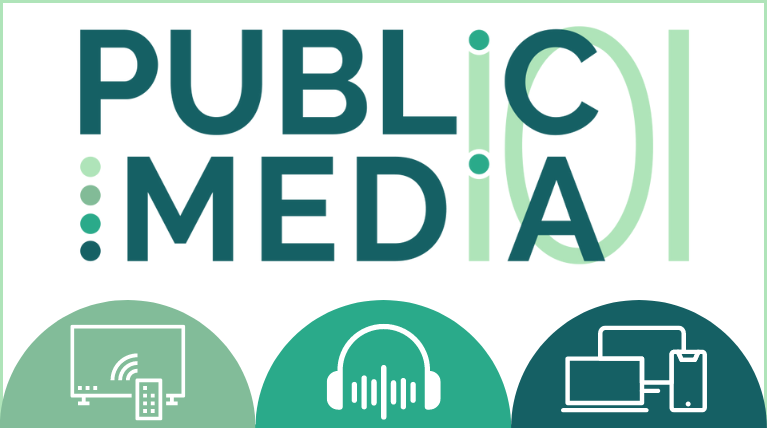Funding reductions impact public broadcasting and international assistance programs
The U.S. Congress has approved a rescission package that eliminates $9 billion in previously allocated federal funds. The measure includes $1.1 billion initially designated for the Corporation for Public Broadcasting (CPB) and approximately $7.9 billion for foreign aid initiatives.
Passed by a close 216-213 vote, mostly along party lines, the legislation removes all federal funding for NPR, PBS, and their affiliate stations. The bill now heads to the president for final approval.
Local stations and underserved communities at risk
The CPB acts as a channel for distributing federal support to public broadcasting networks. While organizations like NPR and PBS receive limited direct federal assistance, many of their member stations—particularly those serving rural or tribal areas—rely heavily on CPB funding.
Media executives and public officials have voiced concerns that the funding rollback could lead to the closure of smaller stations and reduce access to educational, cultural, and emergency programming in affected communities.
Concerns over legislative process and future funding
The rescission process, rarely used in recent decades, has drawn criticism for undermining bipartisan appropriations agreements. Some lawmakers argue it could complicate negotiations ahead of the fiscal deadline at the end of September.
While a few legislators expressed hope that funding for local stations might be restored in future budget cycles, no formal guarantees have been outlined.
The move has reignited debate over the role of public media in American society and the extent to which federal funding should support it, highlighting ongoing divisions within Congress over spending priorities.



